Air Purifying Plants for the Home
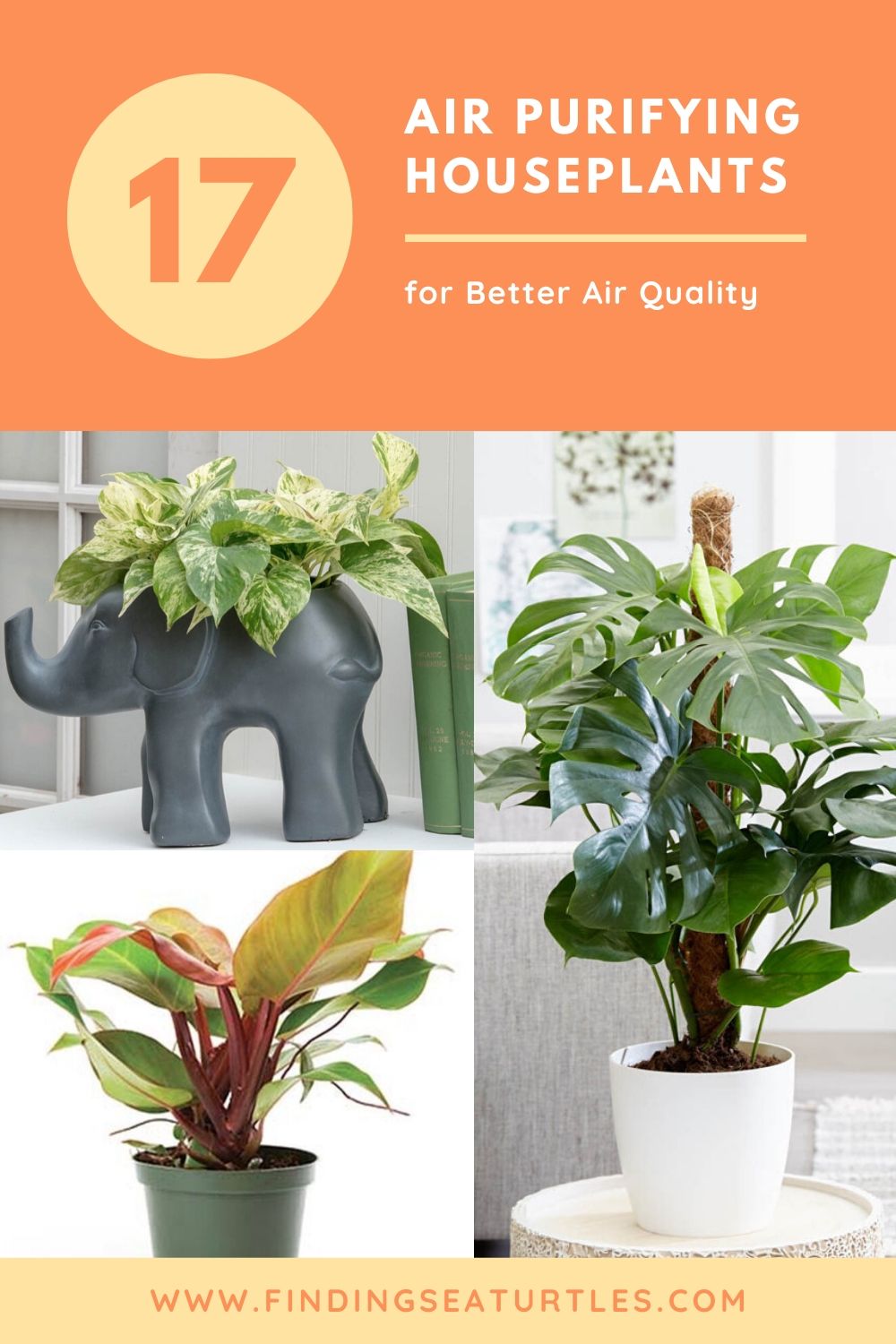
Air-purifying plants for the home provide many benefits. Many studies indicate plants in general are stress reducers, fatigue reducers, and improve mental as well as physical well-being. And although outdoor gardening can be exhausting, I know gardening for me is a mental break from all the stresses of daily life. However, over the Winter months, I seek alternative ways to garden.
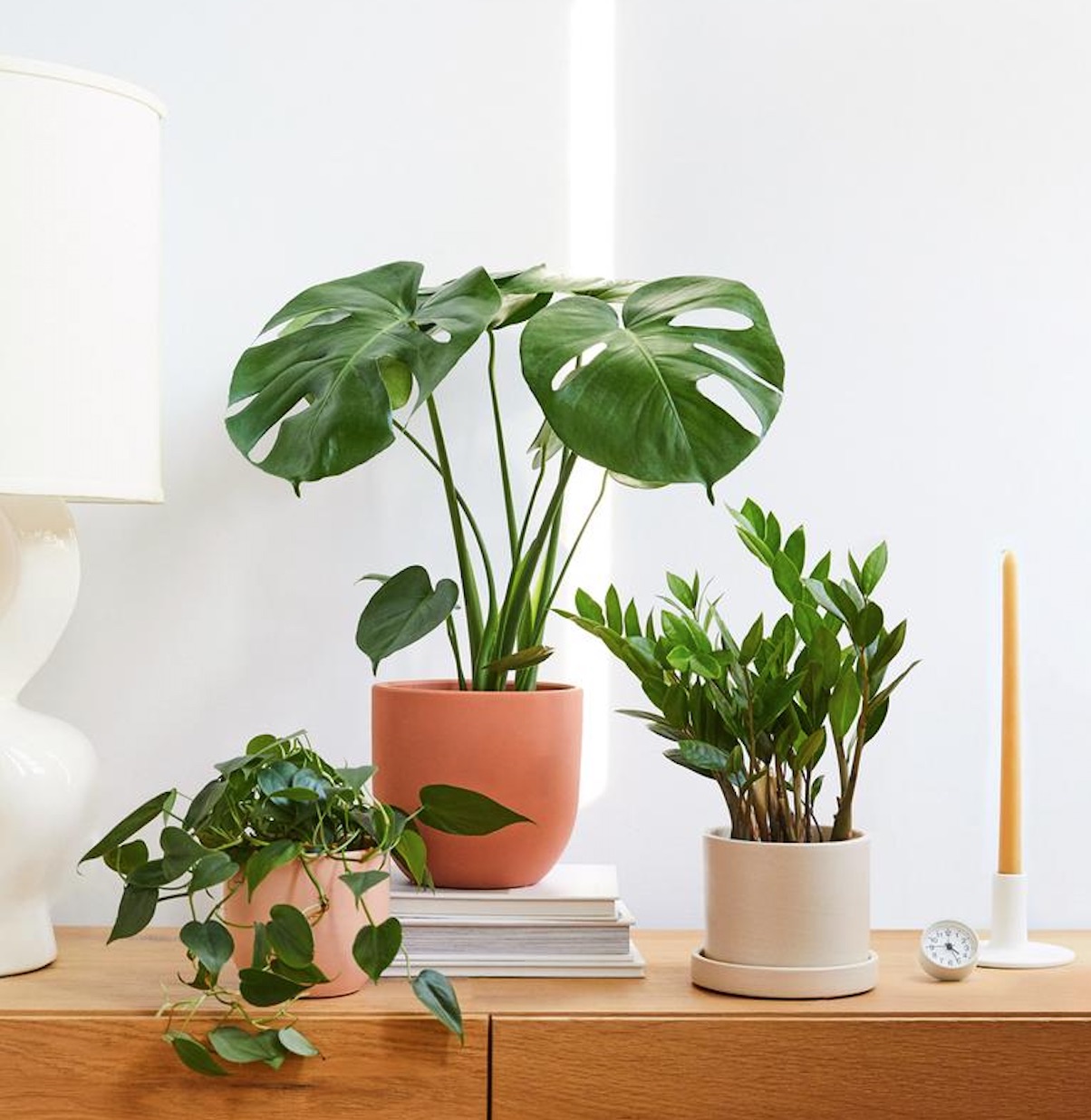
One alternative to outdoor gardening is indoor gardening. Caring for our indoor plants. And the biggest benefit of indoor gardening? Our indoor air quality is greatly improved. Many common houseplants help eliminate common toxins and pollutants from the air.
We’ve rounded up a list of houseplants that can help keep your air cleaner. If you are searching for air-purifying plants for your home, office, or school, take a look at our list of plants.
-
Snake Plant
Snake Plant is also referred to as Mother-in-law’s tongue plant.
Black Coral Snake Plant
The Black Coral Snake Plant needs an indirect medium to low light. It reaches between 12 to 18 inches tall with a spread of 10 to 12 inches wide. An annual plant with an upright growth habit. Leaves are dark green with wavy silver-green markings.
Golden Snake Plant
The Golden Snake Plant needs an indirect medium to low light. Reaches between 10 to 12 inches tall with a spread of 12 to 14 inches wide. An upright growth habit annual plant with thick leaves and bright golden edges. Allow the plant to dry between waterings.
2. Dracaena
Lemon Lime Dracaena
The Lemon Lime Dracaena reaches 10 to 12 inches tall with a spread of 12 to 14 inches. It needs an indirect medium to low light. Growth habit is a mounding form. Lemon lime has striking bright yellow stripes on the outer edge of the foliage.
Lemon Surprise Dracaena
The Lemon Surprise Dracaena reaches 12 to 36 inches tall with a spread of 8 to 10 inches wide. Leaves are long, pointed, and multicolored with a wider yellow burst of color on the outer edges. Lemon Surprise needs an indirect medium to low light. Colors intensify with direct sunlight.
3. Fern Leaf Plumosus Asparagus Fern
A Fern Leaf Plumosus Asparagus Fern prefers the morning Sun or bright, indirect light. Hardy in zones 9 through 10. A vine plant in the genus Asparagus, although not a true fern.
4. Boston Fern
The Boston Fern (Nephrolepis exaltata) grows in indirect light. Prefers soil that is moist. Display on a plant stand or in a hanging basket. Lush green foliage, the Boston Fern reaches 4 feet tall with a spread of 5 feet.
5. Philodendron
Brasil Philodendron
The Brasil Philodendron prefers indirect light with a semi-dry moisture soil level. A common house plant in America is known for its resiliency as well as indoor air cleaning qualities. A trailing plant with beautiful lime and green contrasting colors.
McColley’s Finale Philodendron
Prefers filtered, medium light with evenly moist soil. This plant’s leaves open to a fiery bright orange-red that matures to glossy green. McColley’s Finale has a mounding growth habit that reaches 12 to 36 inches tall and a spread of 18 to 36 inches.
Monstera Philodendron
Monstera Philodendron likes partial shade light conditions. Reaches between 6 and 10 feet tall and wide. A split-leaf form of house plant. And a slow-growing plant that has blooms that are white, similar to the Peace lily blooms.
6. Zamioculcas zamiifolia
Zamioculcas zamiifolia also known as the ZZ Plant. The ZZ plant has tough thick, shiny leaves that are tolerant of low light conditions. Drought tolerant due to its storage stem tubers. A great selection for those that are frugal-minded, work long hours or travel frequently. This plant prefers regular watering when the soil is dry 1 inch below the surface. Reaches 10 to 14 inches tall with a spread of 8 to 10 inches wide. With an upright growth habit, the ZZ plant is an easy maintained house plant that has air-purifying qualities.
7. Dracaena Cane
The Dracaena Cane is also known as Corn Plant. Prefers medium indirect light and semi-dry soil moisture. This plant has a thick woody trunk topped with clusters of strapy dark green leaves. Leaves are highlighted by a center lime-green stripe.
8. Spathiphyllum
Spathiphyllum is also known as the Peace Lily Plant.
Sweet Chico Spathiphyllum
The Sweet Chico Spathiphyllum has a mounding growth habit and prefers indirect, high light. Keep Sweet Chico soil evenly moist. Reaches 14 to 18 inches tall with a spread of 12 to 16 inches wide. An indoor air filter with long-lasting white flowers above a lush sword-shaped green foliage.
Lush Tropical Peace Lily
The Lush Tropical Peace Lily has glossy, dark green leaves with long white flag-like blooms. Reaches 20 to 22 inches tall.
9. Chlorophytum comosum
Chlorophytum comosum is known as a spider plant, airplane plant, St. Bernard’s lily, spider ivy, and ribbon plant.
Ocean Spider Plant
The Ocean Spider Plant prefers bright, indirect light or artificial light. Keep potting soil evenly moist. Leaves have a wide center white streak with less green at the ends of leaf. The spider plant is a beneficial plant with air cleansing properties.
10. Epipremnum aureum or Pothos
Epipremnum aureum or Pothos is also known as golden pothos, money plant, or devil’s ivy. A hardy indoor foliage Araceae plant that is native to southeastern Asia.
Variegated Pothos
A Variegated Pothos trailing plant with variegated green and cream colors. Reaches 7 to 9 inches tall with a 10 to 24 inches spread. Prefers partial shade to full shade light environments. A quick grower that works nicely in a hanging basket.
Marble Queen Pothos
The Marble Queen Pothos is a leafy vine that thrives in low light. Reaches 36 to 60 inches tall with a spread of 22 to 26 inches wide. A striking marbleize trailing plant with cream and green colored leaves.
11. Asplenium Antiquum
The common name for Asplenium Antiquum is Japanese Bird’s Nest Fern and Nest Fern.
Crissie Bird’s Nest Fern
Crissie Bird’s Nest Fern has long bright fronds from a central stalk. Fronds are shear with ruffled edges. Needs regular, indirect sunlight and soil that is moist. Reaches 12 to 24 inches tall with a spread of 24 to 48 inches wide. Helps purify the air.
12. Ficus elastica
Ficus elastica is also known as the rubber fig, rubber bush, rubber tree, rubber plant, or Indian rubber bush and Indian rubber tree. It is a species of plant in the fig genus. And native to eastern parts of south and southeast Asia
Variegated Rubber Plant Ruby
Variegated Rubber Plant Ruby (Ficus Robusta) grows in indirect light. Keep the potting soil moist. A manageable and easy-to-grow plant for air purifying qualities.
13. Hedera helix
Hedera helix is also known as the common ivy, English ivy, European ivy, or simple ivy. It is a species of flowering plant in the family Araliaceae and a native of Europe and western Asia.
English Ivy Baltic Trailing Vine
The English Ivy Baltic Trailing Vine has foliage that is slightly smaller and more compact than traditional English Ivy. And more tolerant of cold weather. Needs bright indirect light. Can be trained as a topiary. Or plant as a hanging basket. The Baltic vine has air-purifying qualities.
14. Aglaonema commutatum
Aglaonema commutatum is also commonly known as Chinese evergreen. It is an evergreen perennial that generally resembles dieffenbachia (dumb cane) in appearance. And a native of Asia.
Chinese Evergreen Garnet
Chinese Evergreen Garnet thrives in medium indirect light with semi-dry soil conditions. The Garnet Chinese Evergreen plant has rich green leaves with delicate garnet accents. Needs indoor low to medium light conditions with low water needs.
To compliment the Chinese Evergreen, place with either the snake plant, ZZ plant, or the pothos plant.
Chinese Evergreen Lady Valentine
The Chinese Evergreen Lady Valentine grows best in medium indirect light with semi-dry soil conditions. Lady Valentine has rich colorful pink and red leaves with striking green and yellow accents. A slow-grower tabletop house plant.
15. Dypsis lutescens
Dypsis lutescens are also known as golden cane palm, areca palm, yellow palm, or butterfly palm. It is a species of flowering plant in the family Arecaceae. And a native to Madagascar.
Areca Palm
The Areca Palm is known for its lush palm fronds. A natural air purifier, this palm prefers bright light but not direct sunlight. Water the Areca Palm once the top two inches of soil are dry and allow all excess water to drain away. A slow to the moderate grower and hardy in zones 10 to 11. A 36-inch plant.
16. Rhapis
Rhapis are commonly known as lady palms. It is a genus of several species native to southern Japan and southern China.
Lady Palm Rhapis Excelsa
The Lady Palm Rhapis Excelsa is known as a Lady Palm or broadleaf lady palm. Prefers only low to medium light and water Lady Palm when the top potting soil is dry. A slow-growing palm with low maintenance and easy to care for. The trunk pattern has bamboo-like clustering
17. Dracaena
Dracaena is a genus of 120+ trees and shrubs. The name of Dracaena is derived from the romanized form of Ancient Greek – drakaina or female dragon.
Madagascar Dragon Tree
The Madagascar Dragon Tree or Dracaena Marginata has narrow, slender gray stems with shiny, arching sword-shaped leaves. Prefers medium sunlight and is drought-tolerant. In a drier environment, lightly spray a mist to the plant leaves.
Recommended by NASA’s Clean Air Study for its air purifying attributes. Add one (or a combination of different purifying plants) for every 100 sq. ft. of indoor space & goodbye to 90% of your indoor toxins!
This is our complete list of air-purifying plants for your home. These plants are recommended by NASA’s Clean Air Study for their air-purifying attributes. One plant for every 100 square feet of indoor space is recommended. This will reduce indoor toxins. Check with your local garden center for additional plant selections.
Interested in indoor gardening? If you found this helpful . . .
You May Also Enjoy some of our other indoor gardening-related posts.
29 Easy Houseplants to Beat the Winter Blues!
13 Best Indoor Succulents to Grow Now!
7 Things to Do at Petersham Nurseries, Covent Garden
And if you have any questions, feel free to reach out to us. We always are ready to help you out. Thank you so much for dropping by.
Mary
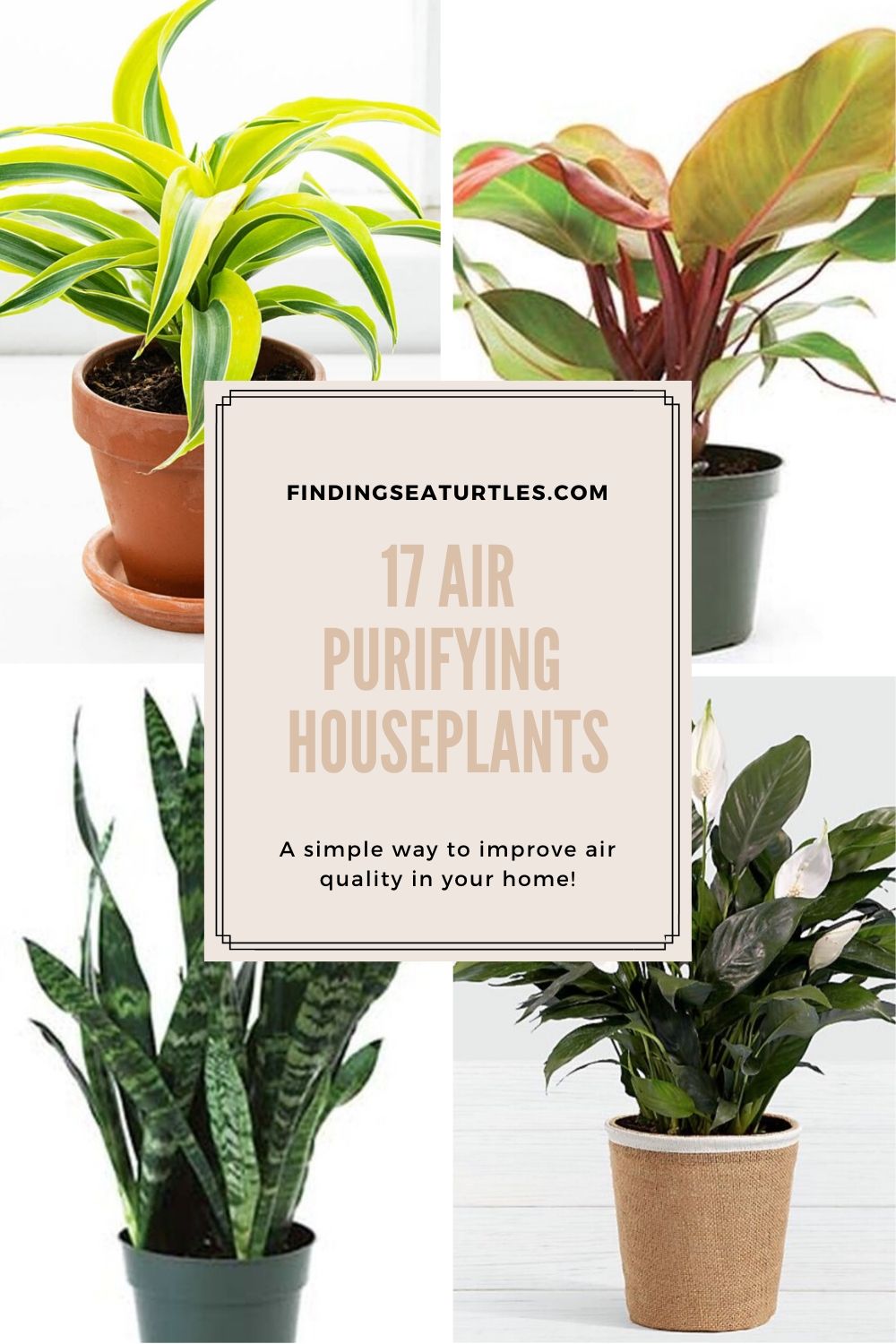

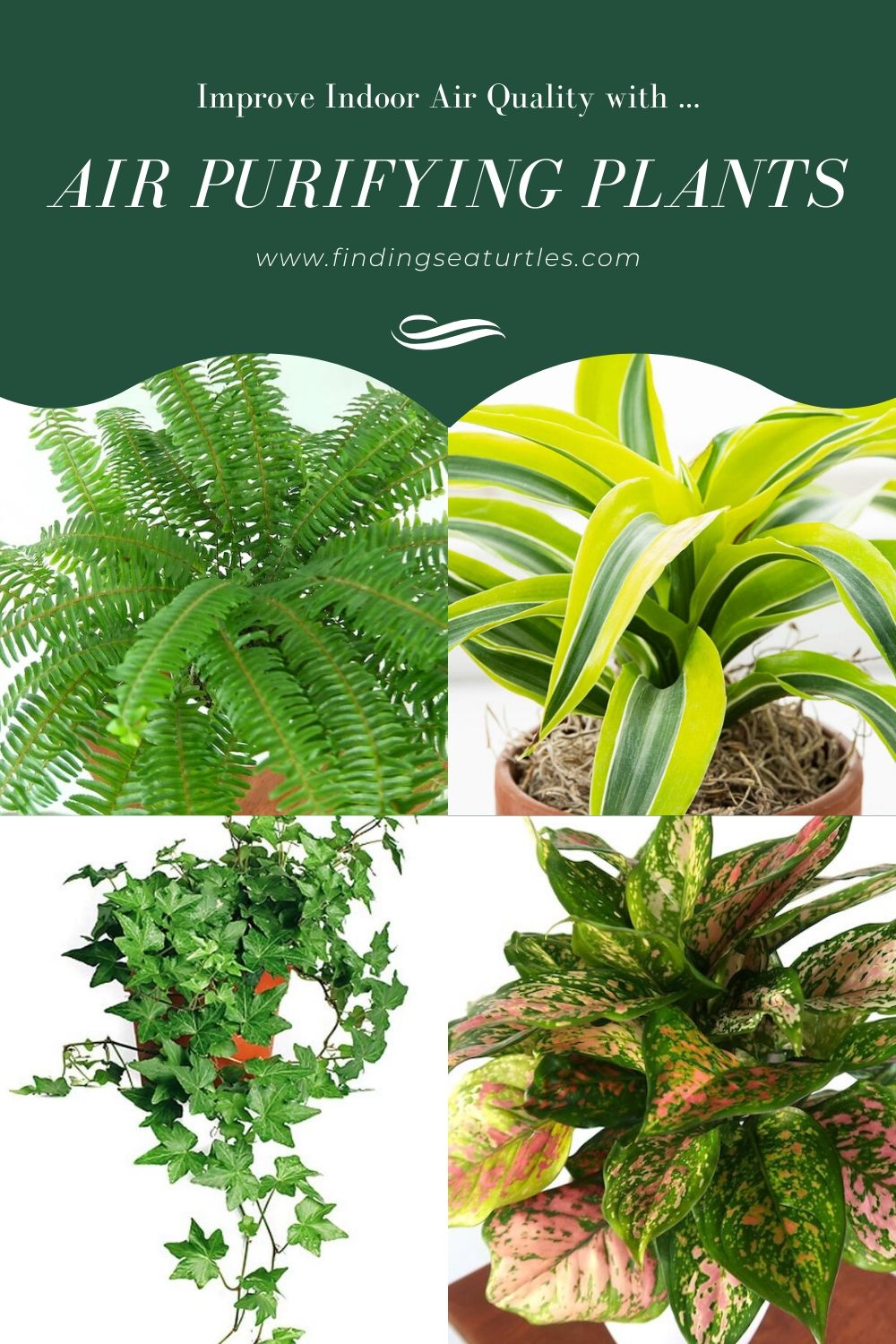

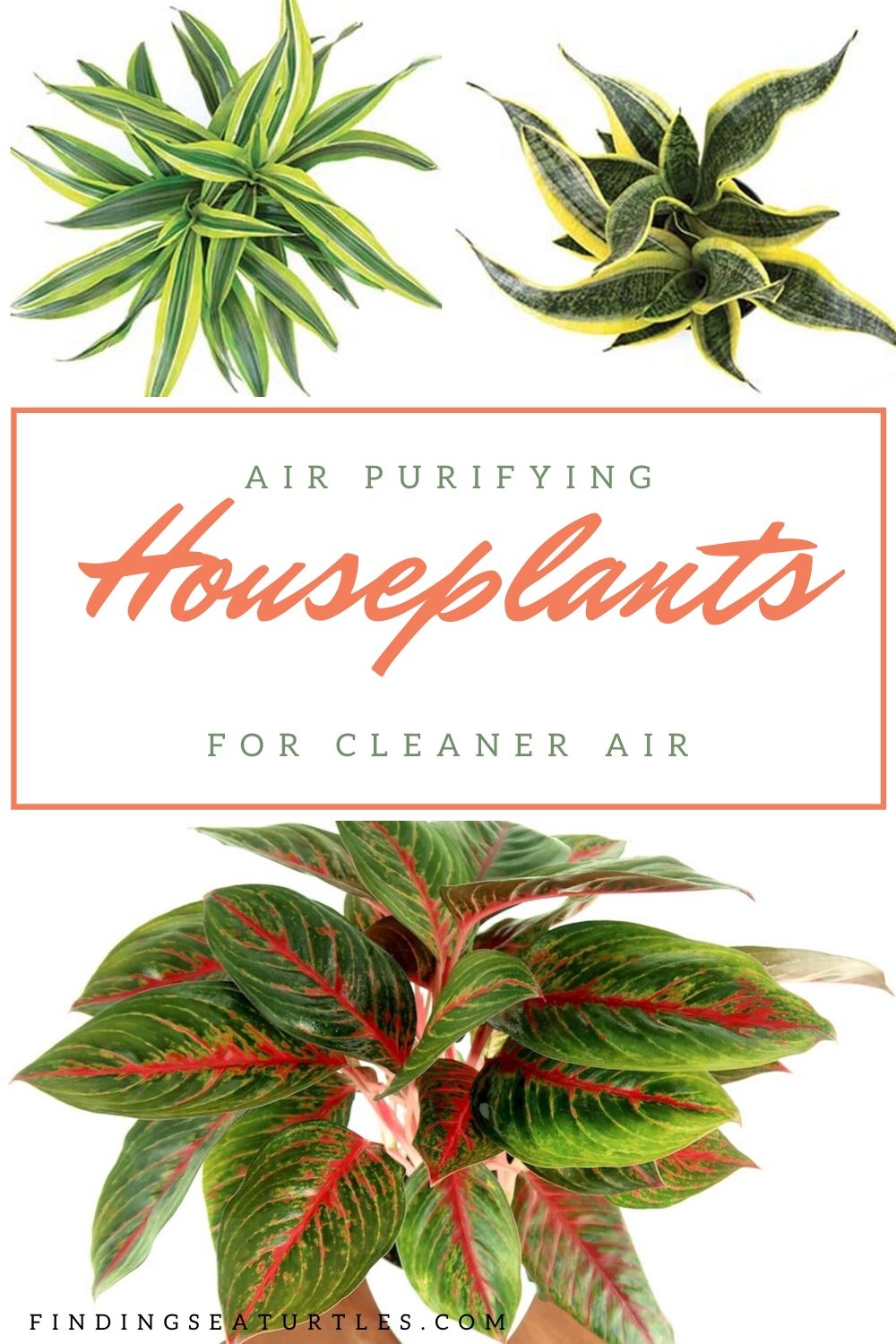

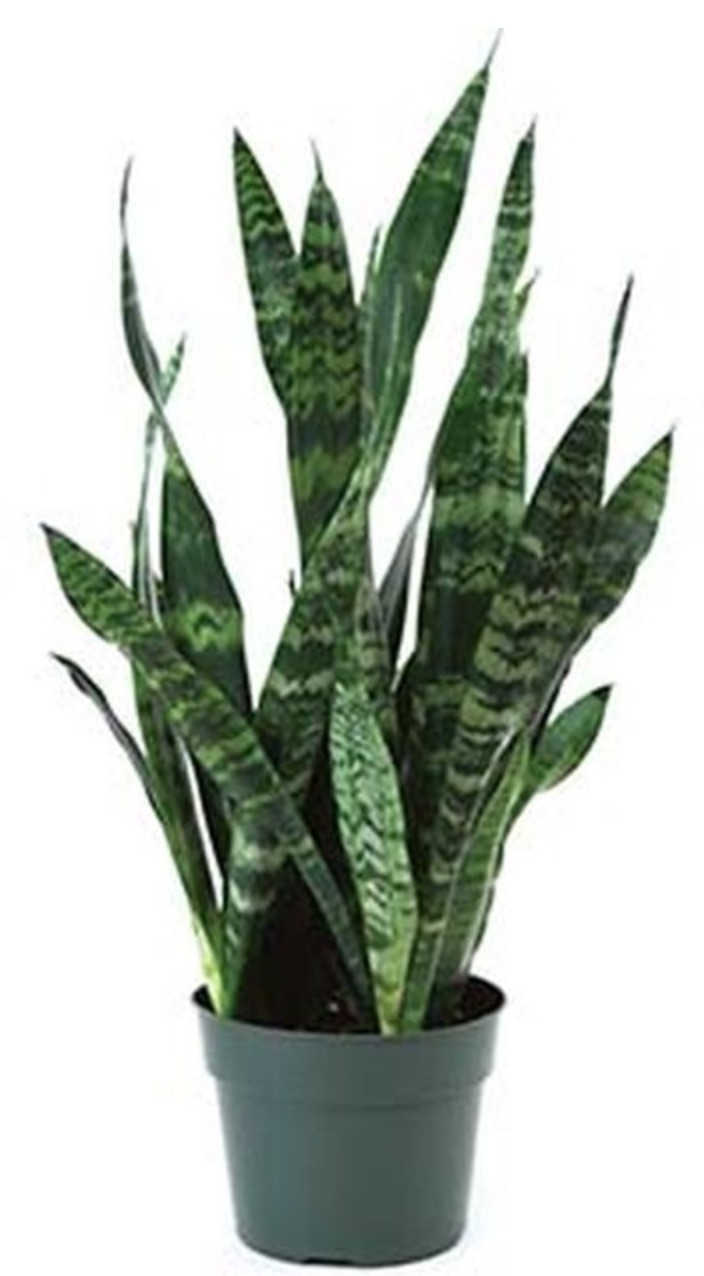
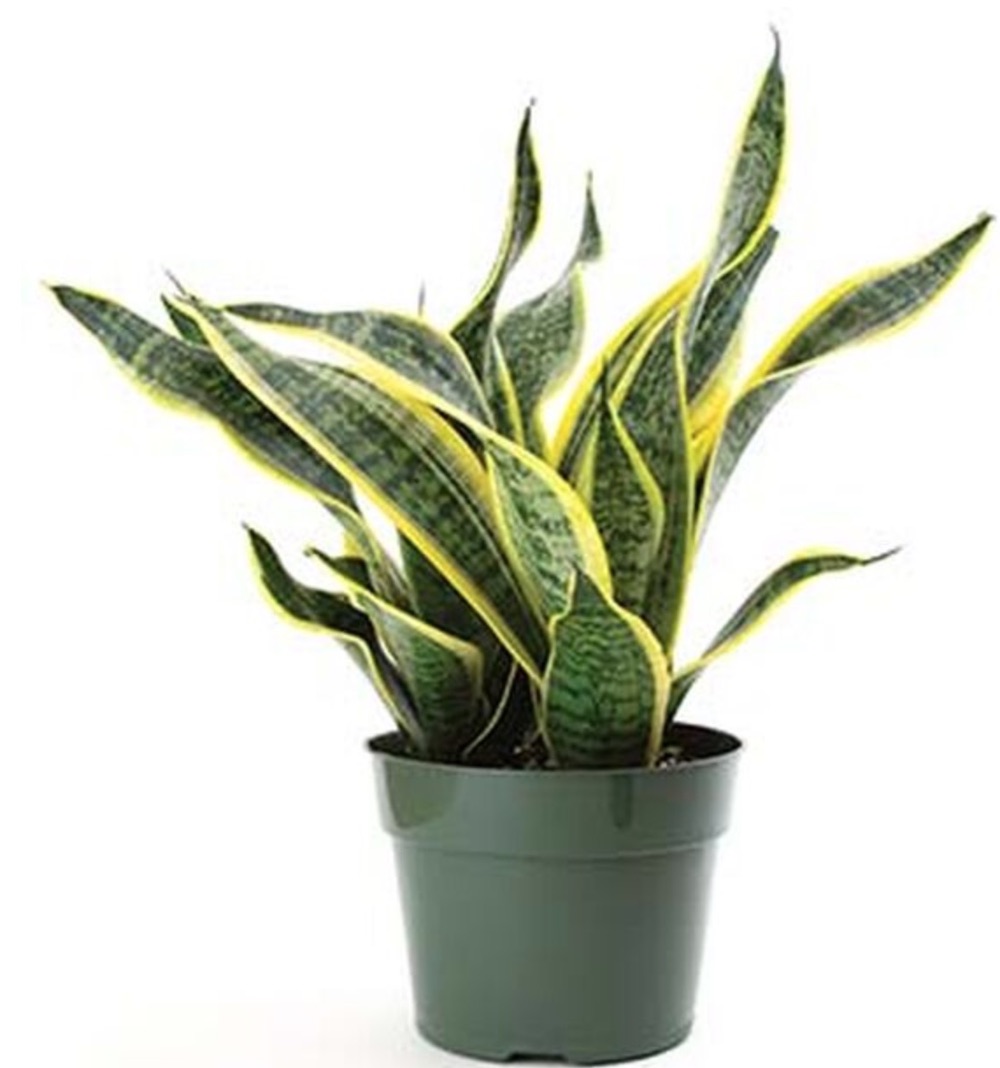
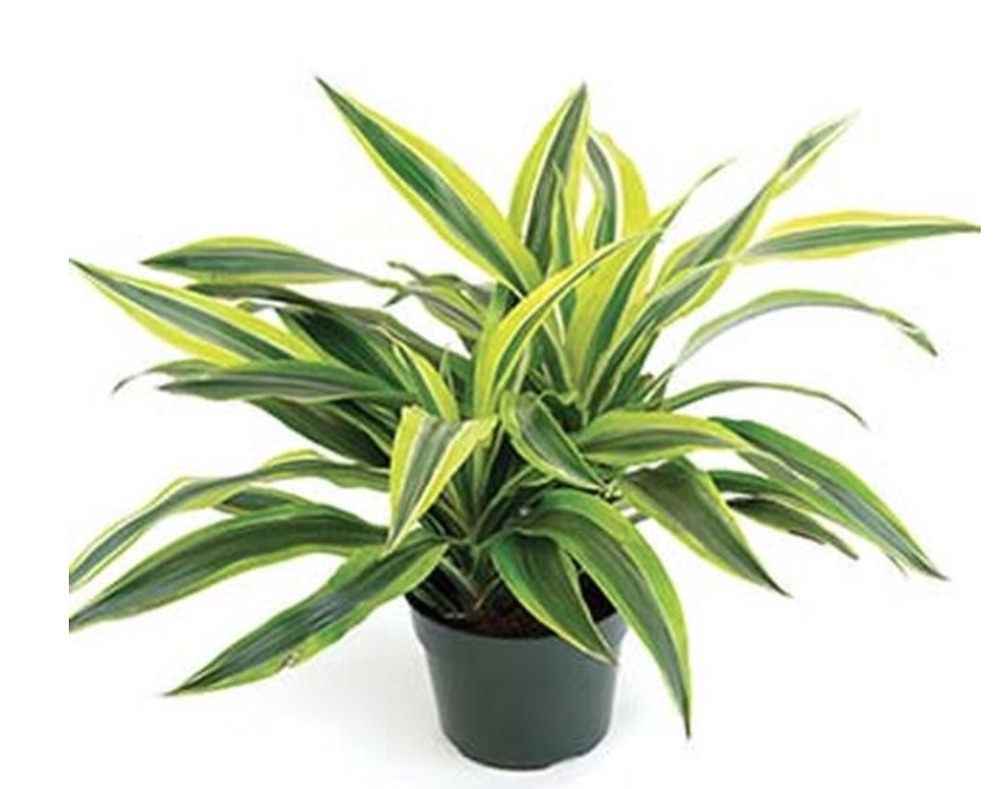
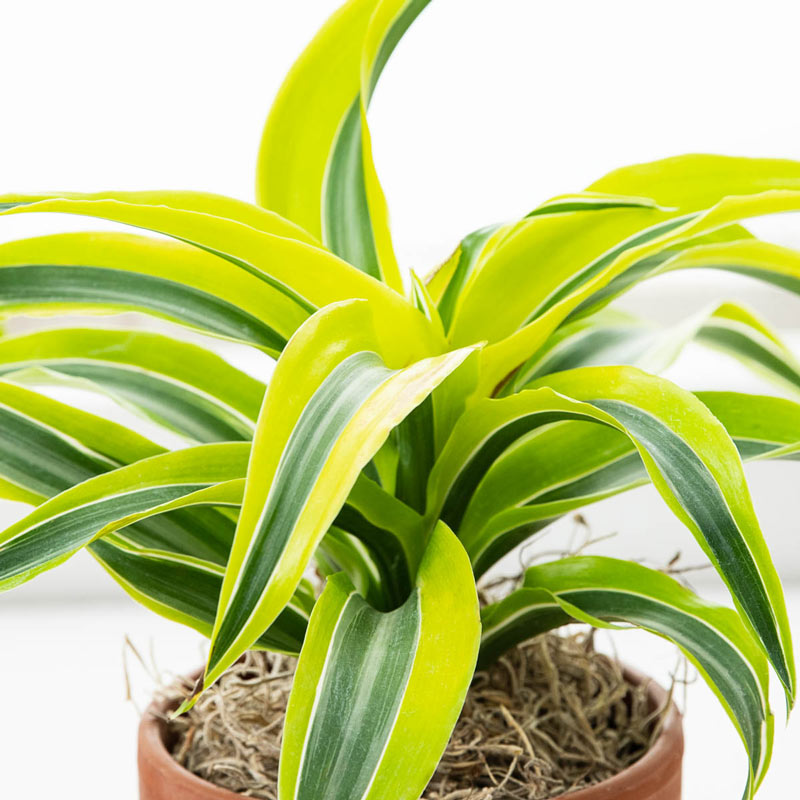
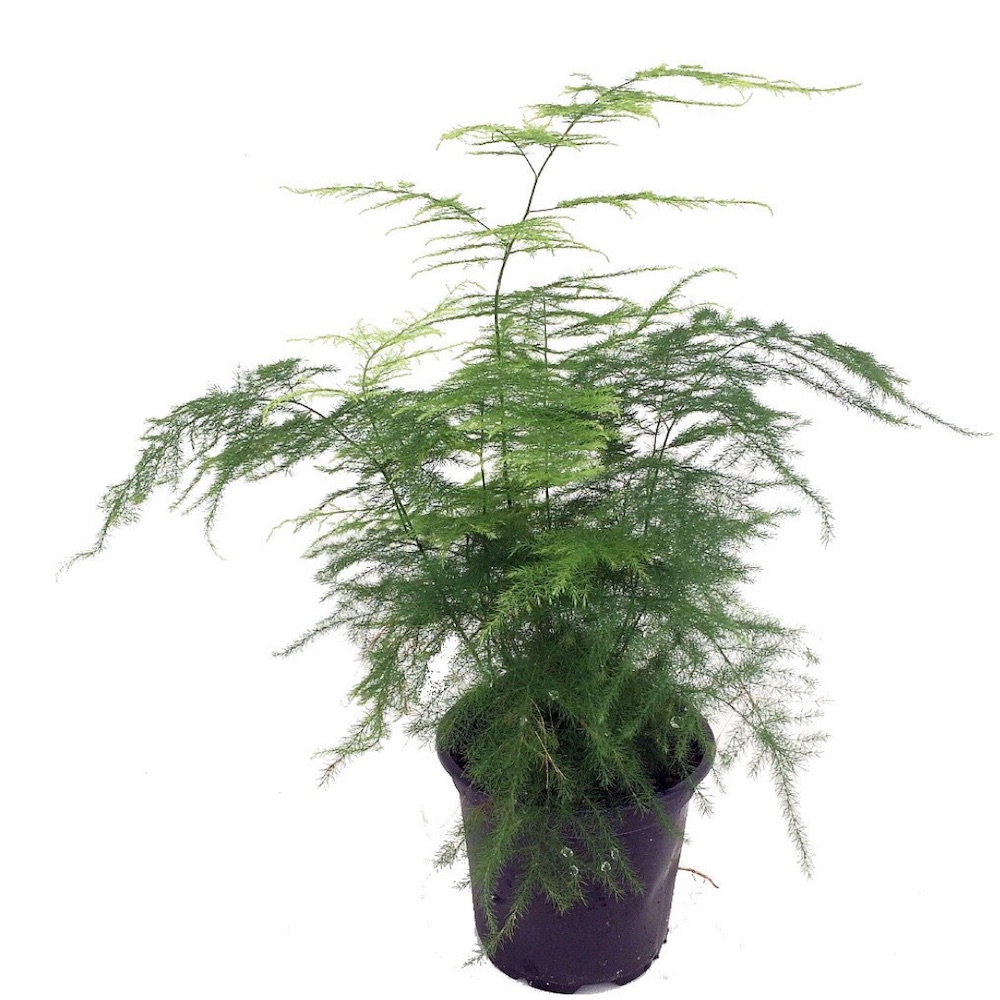
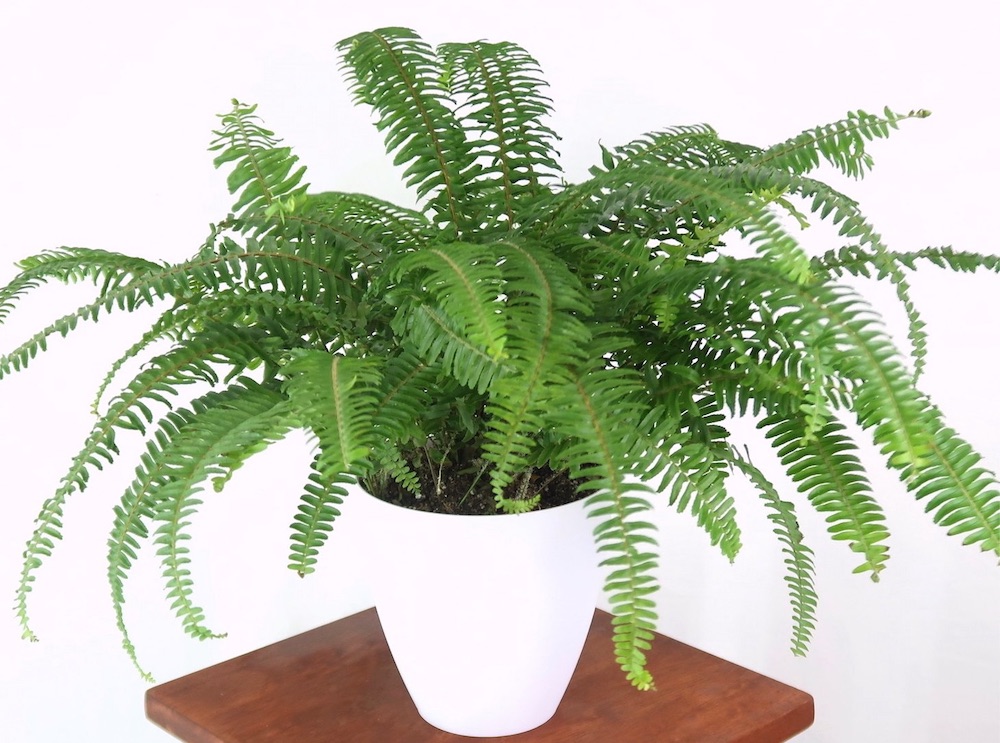
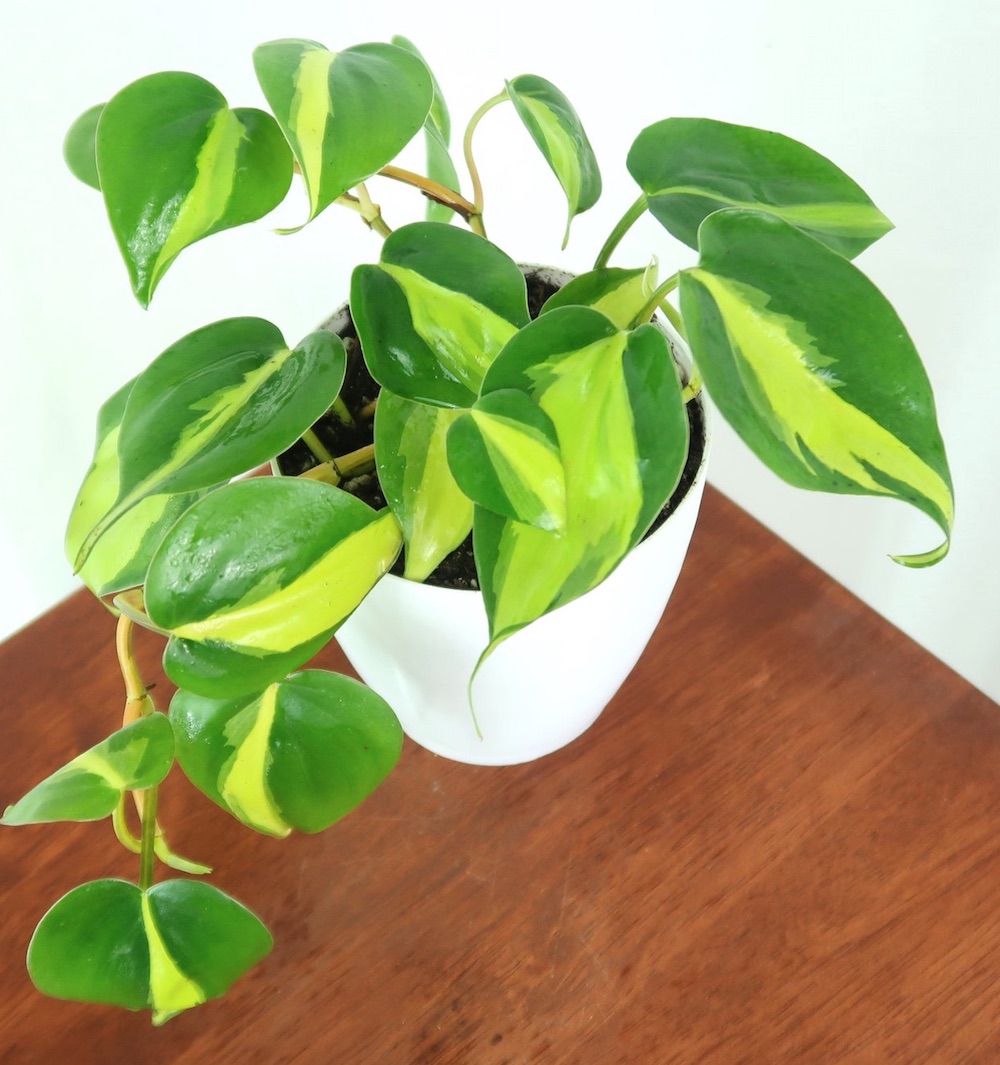
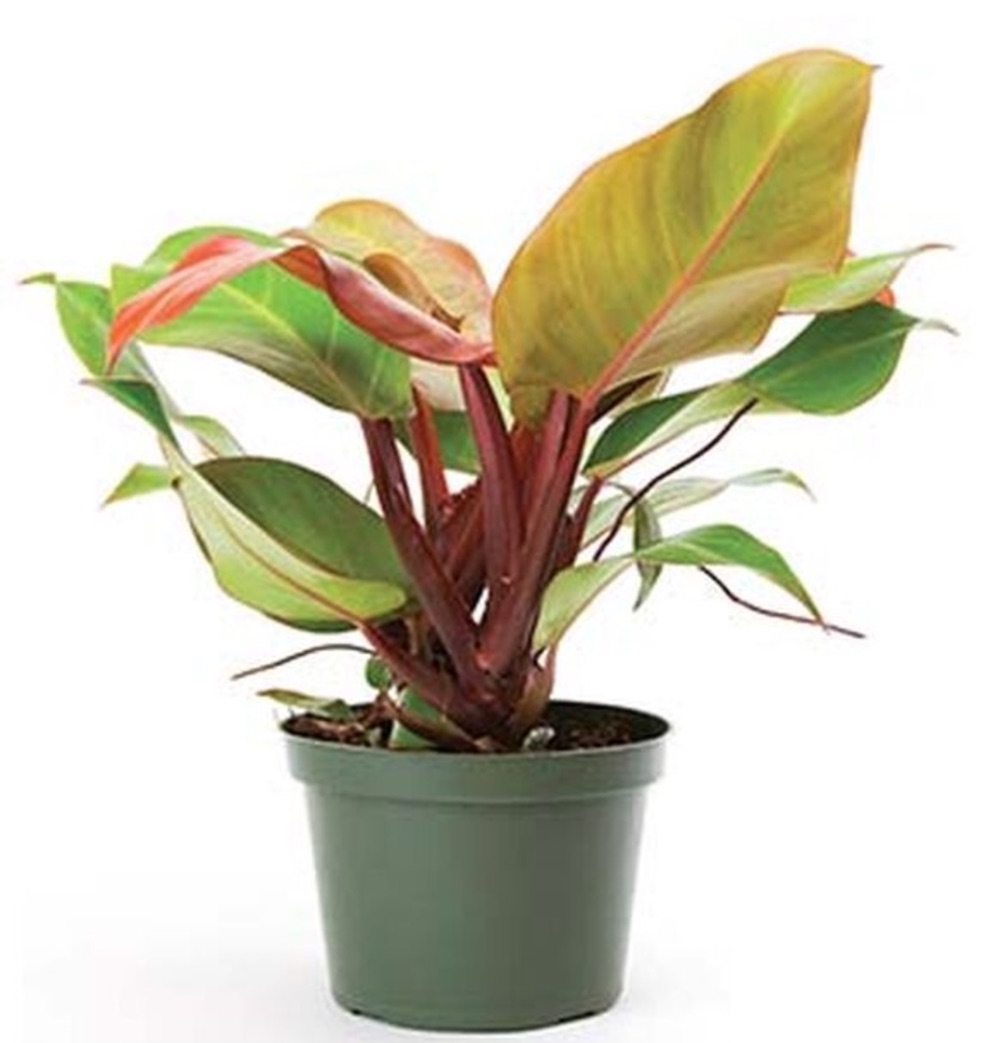
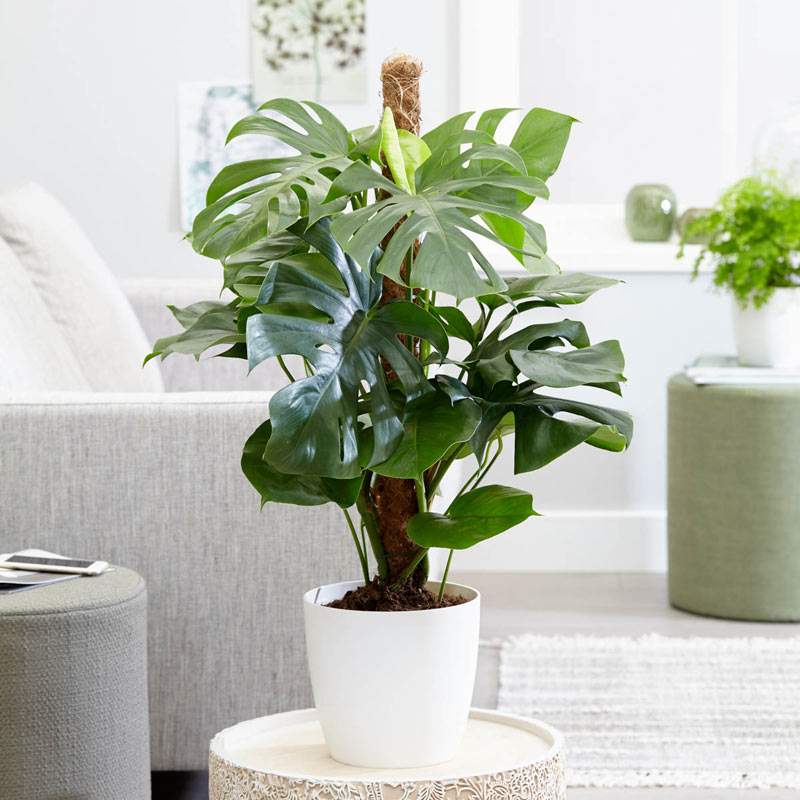
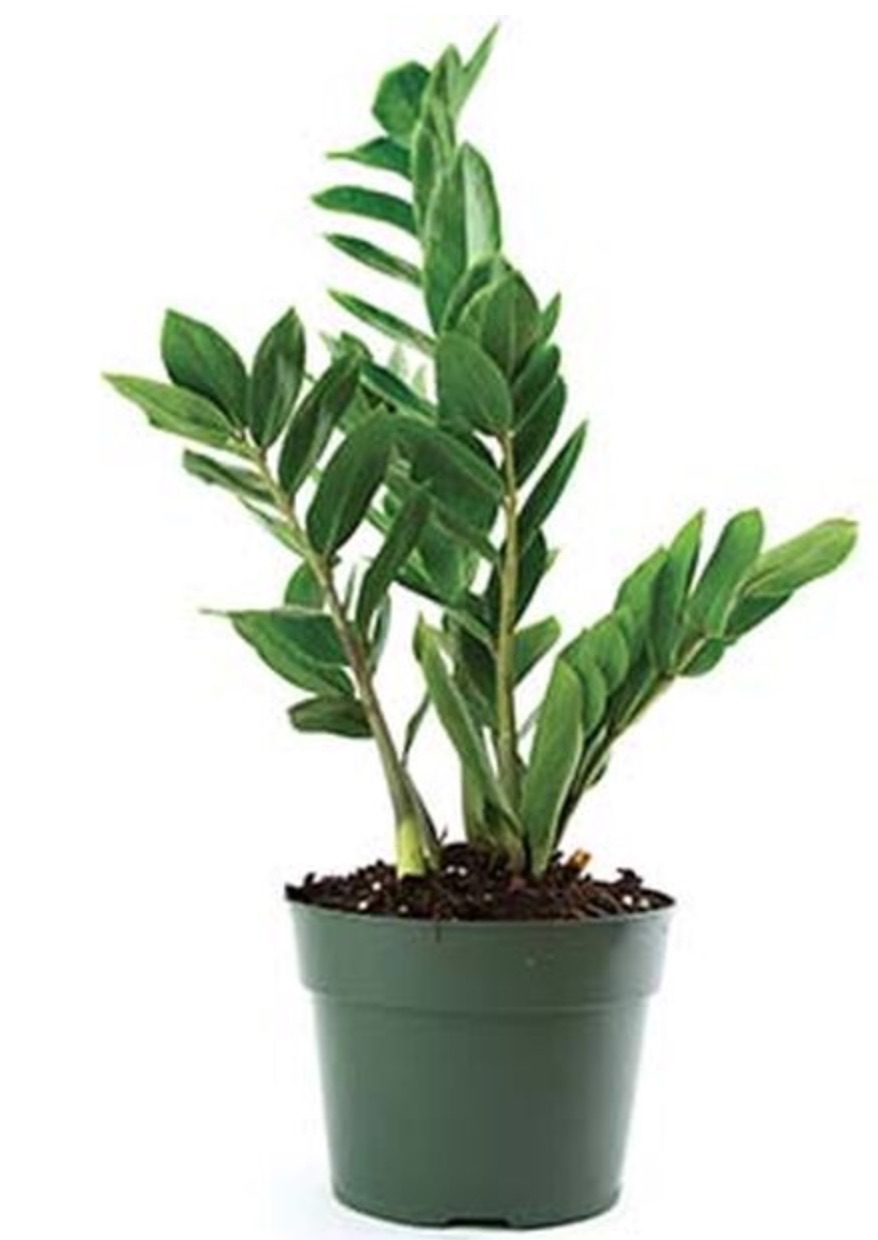
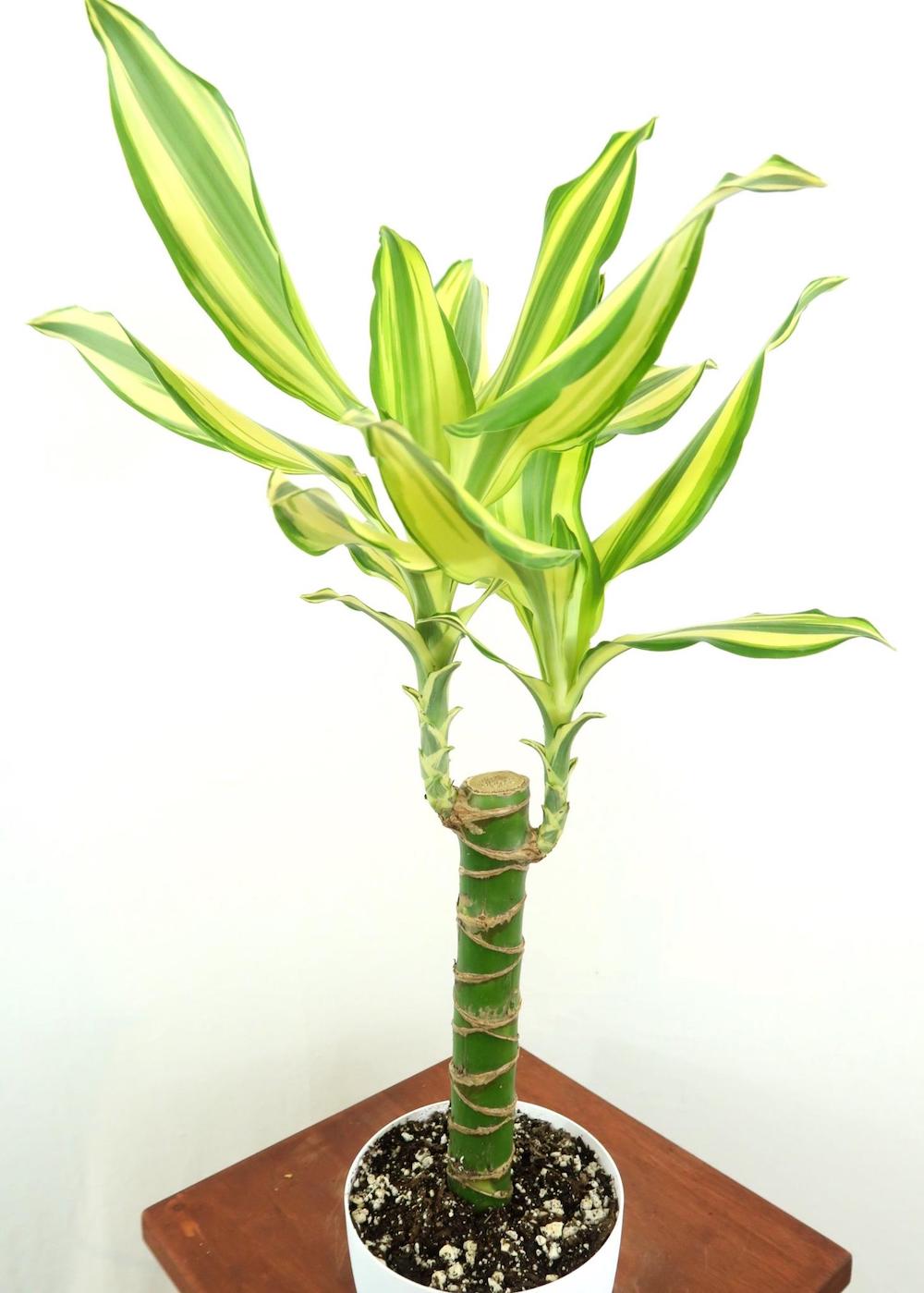
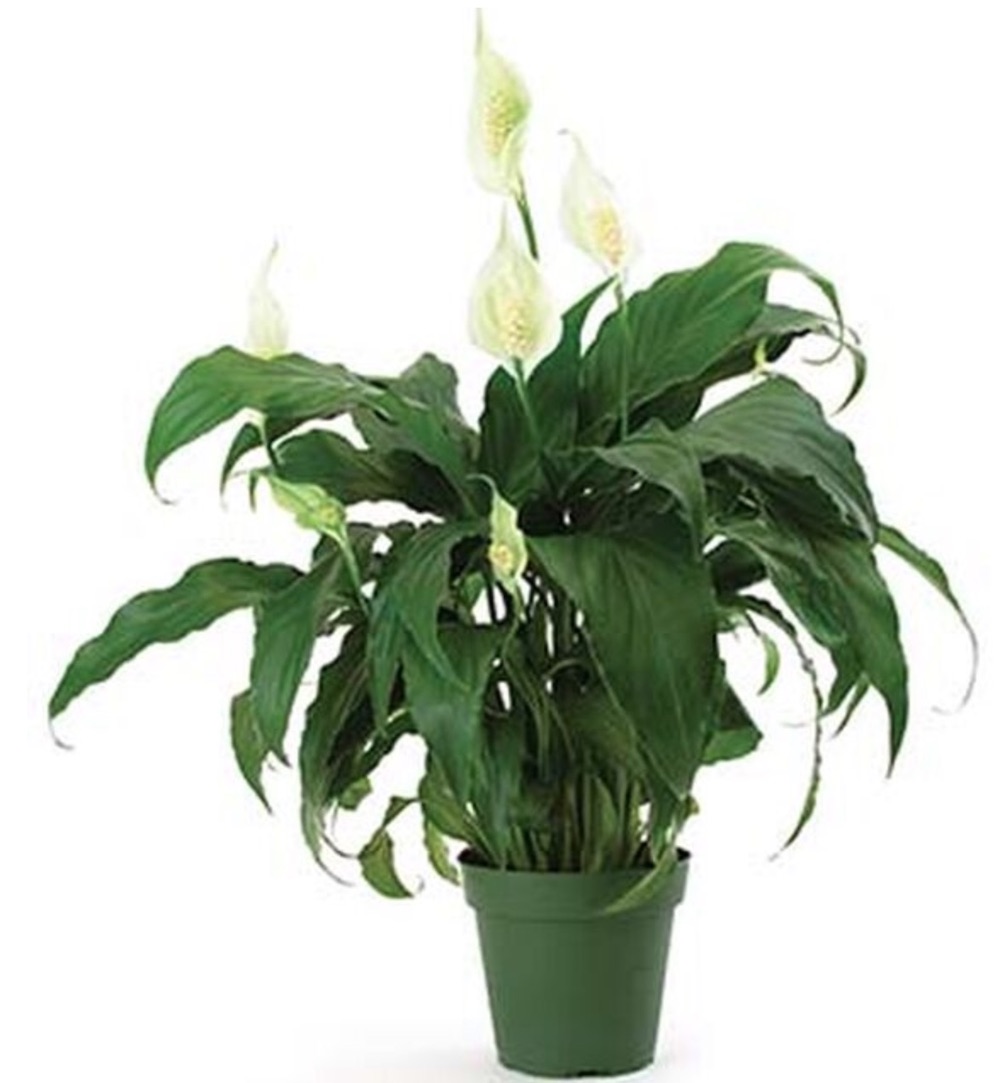
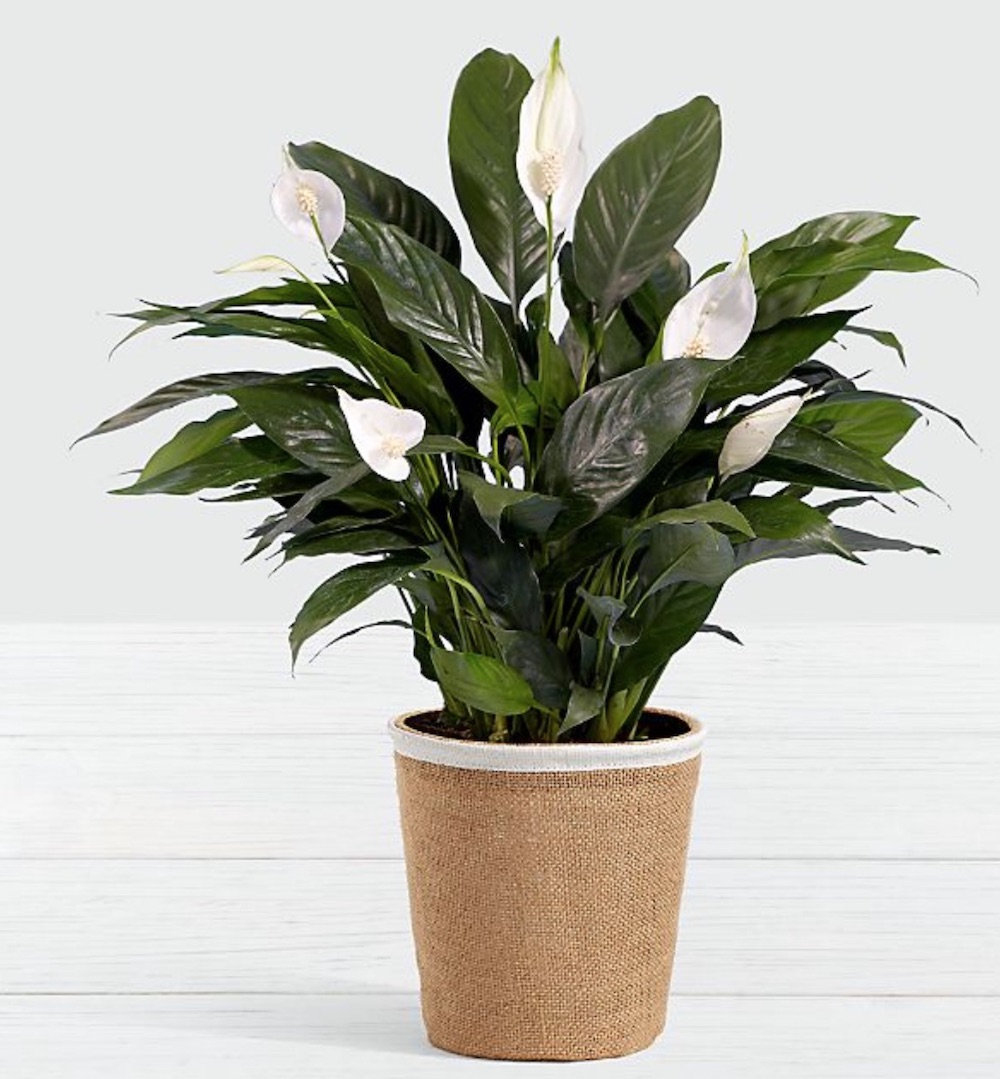
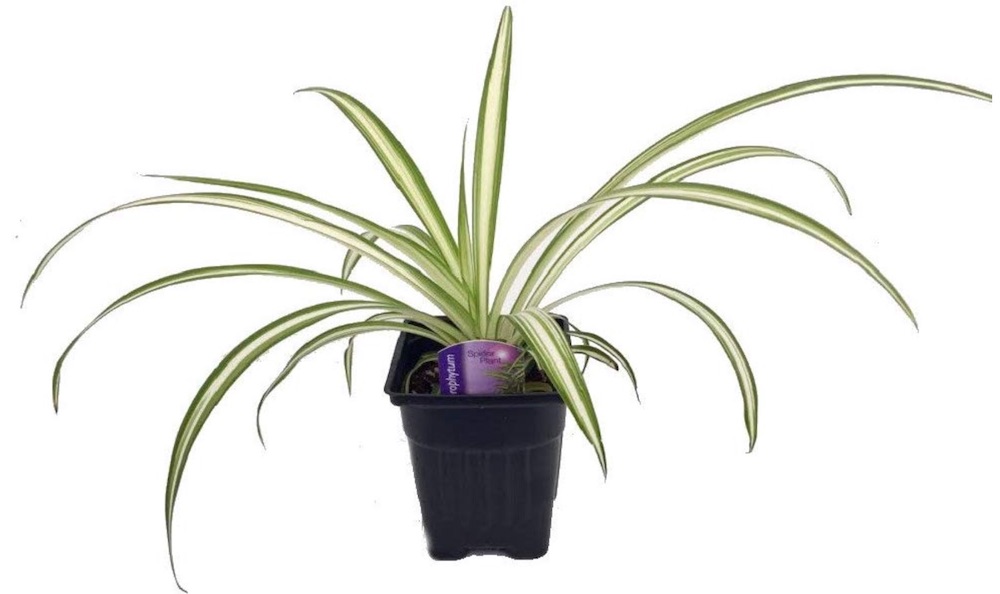
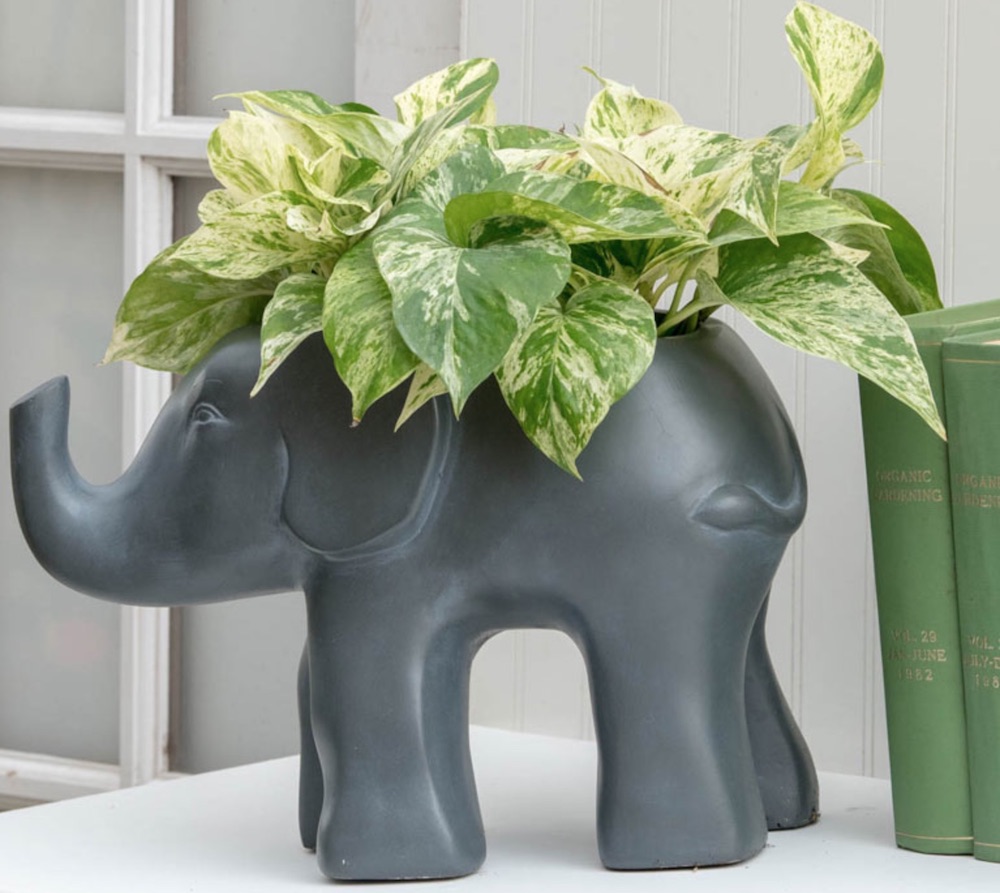
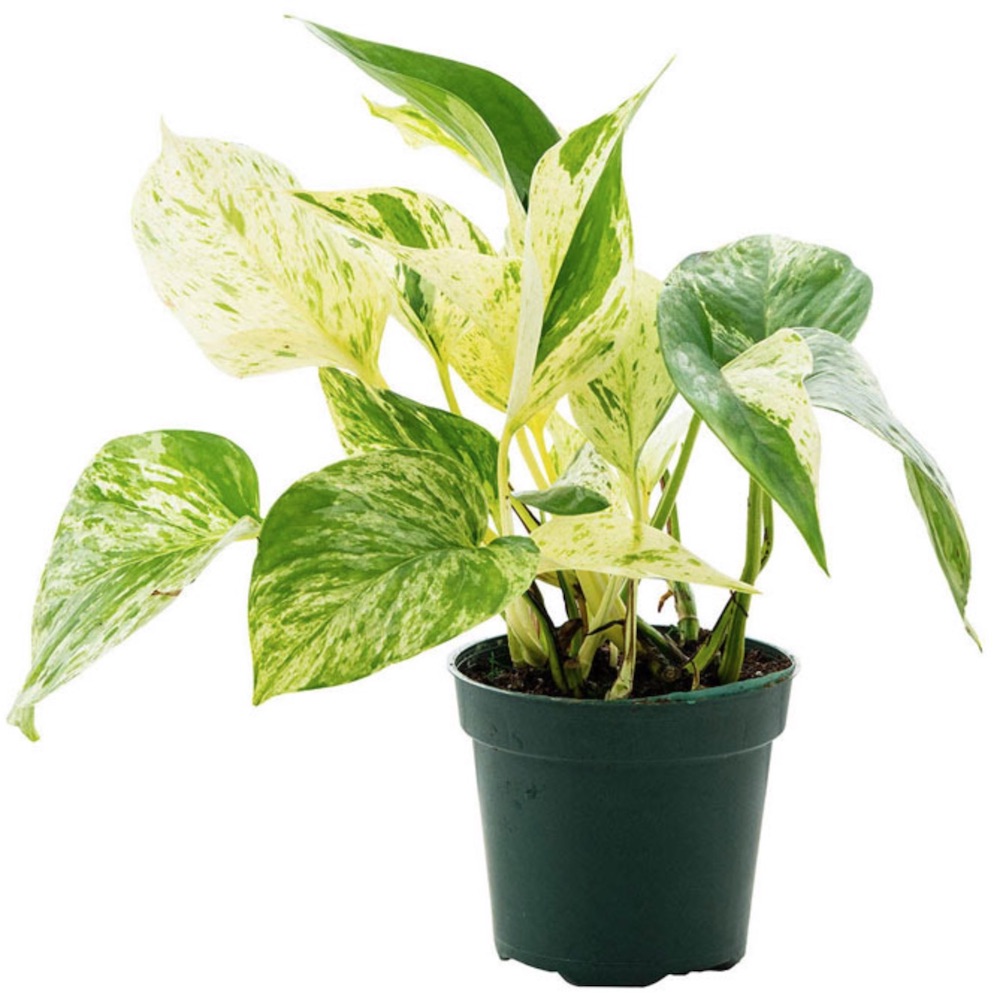
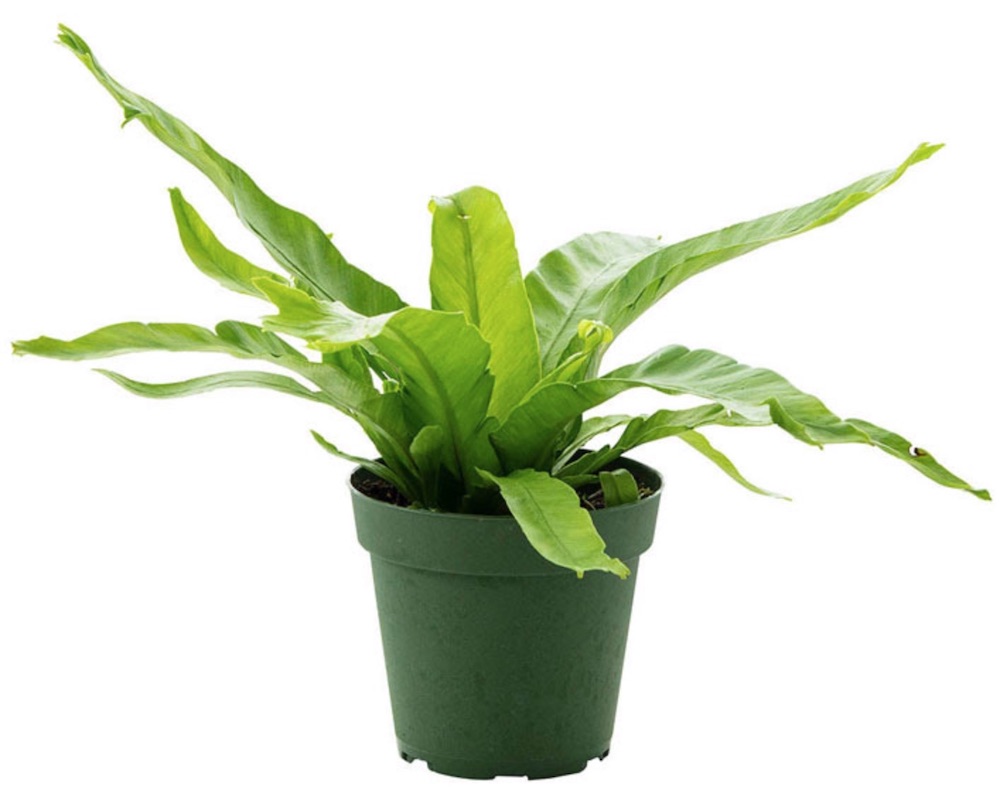
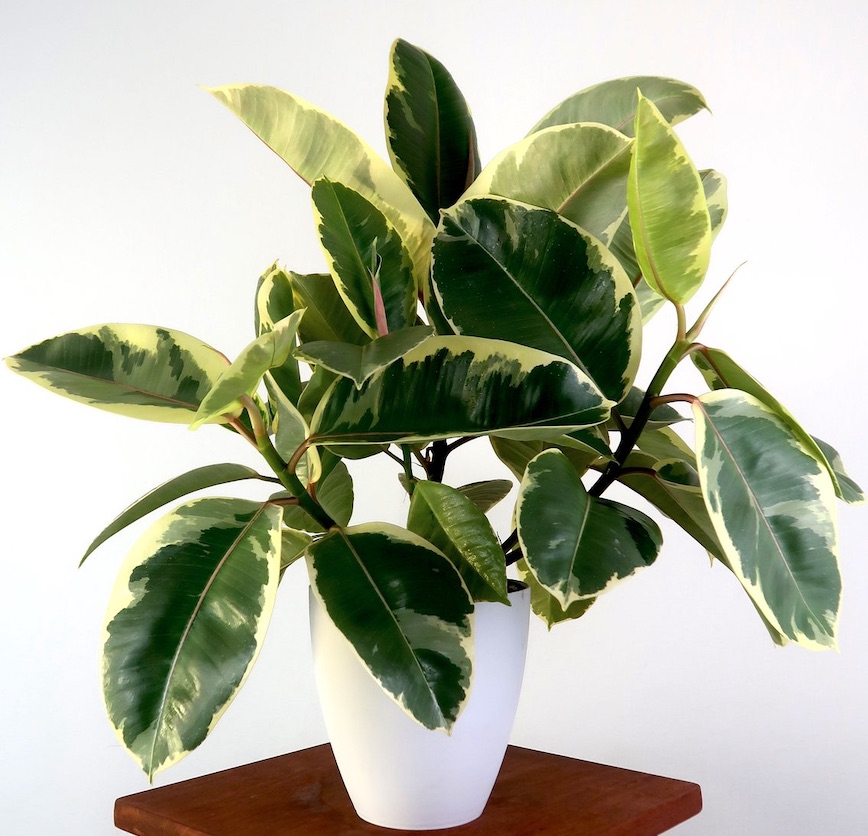
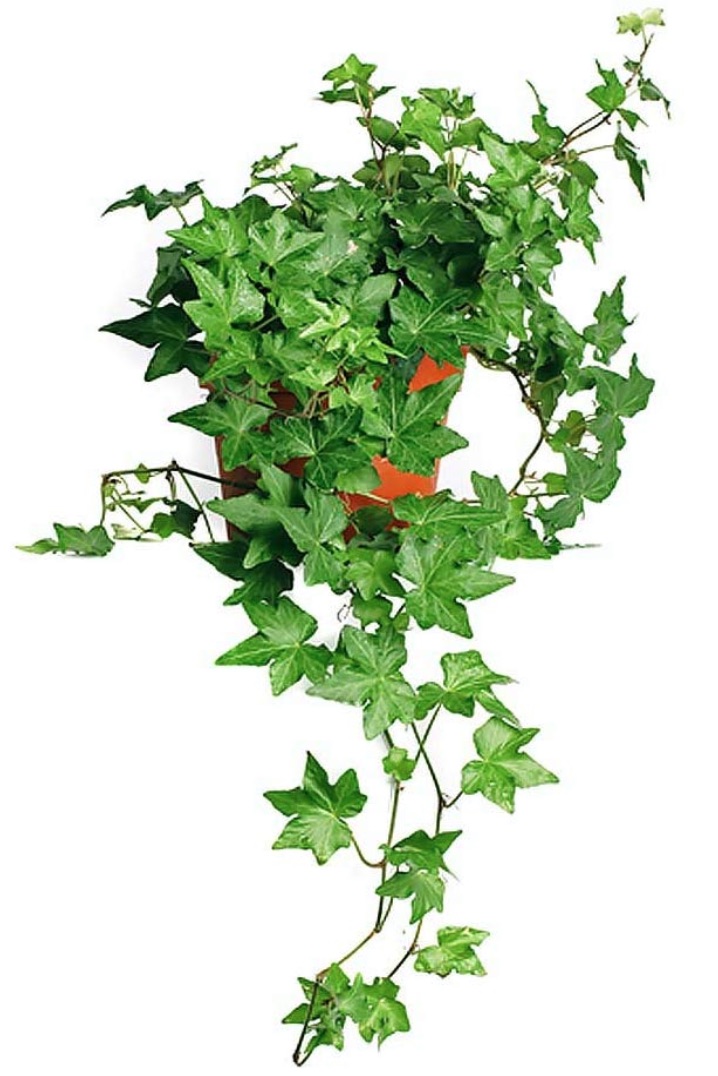

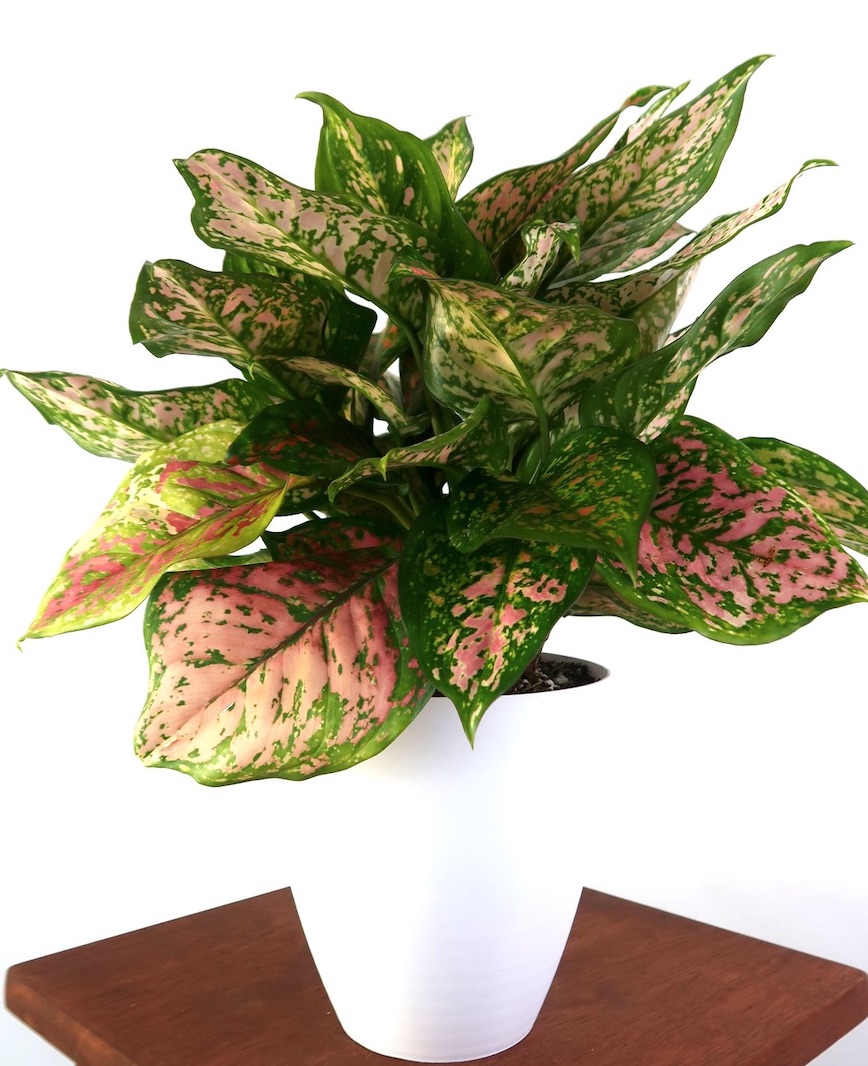
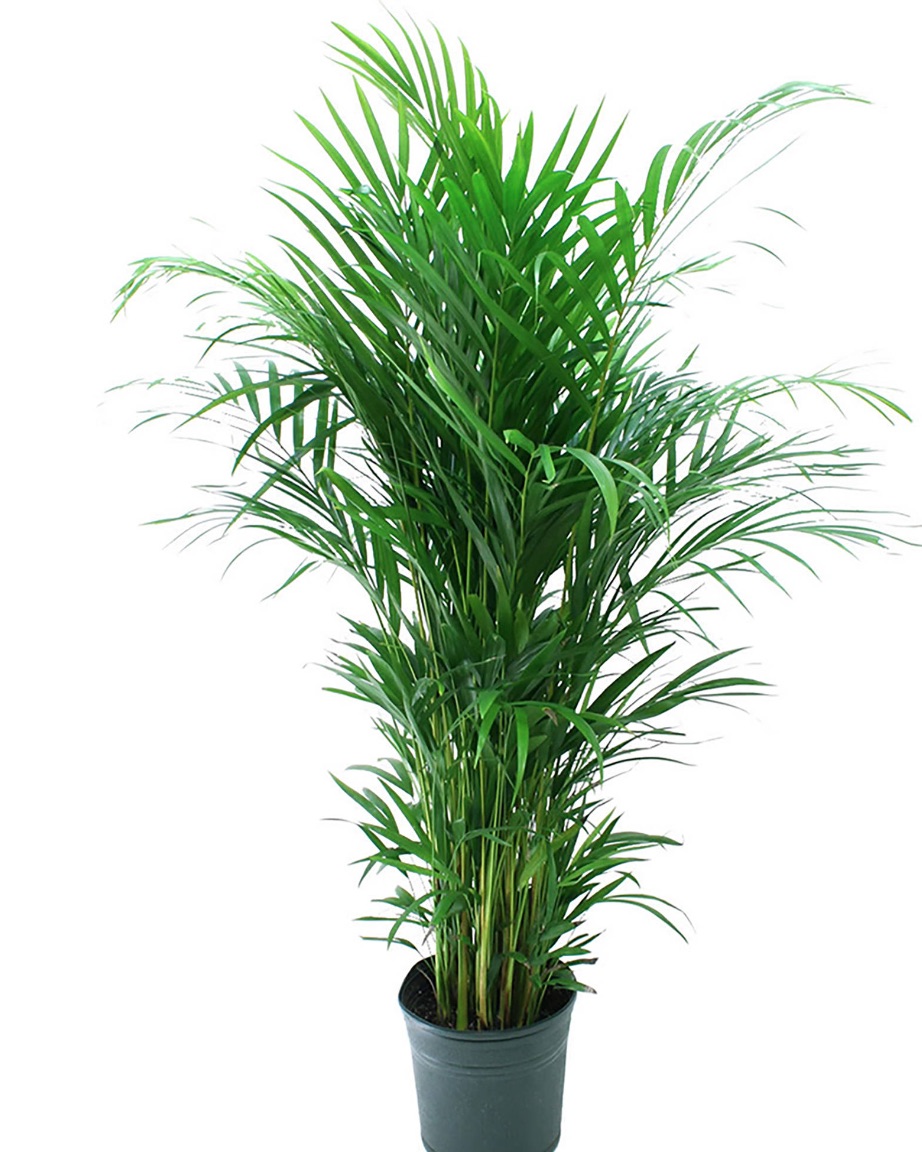
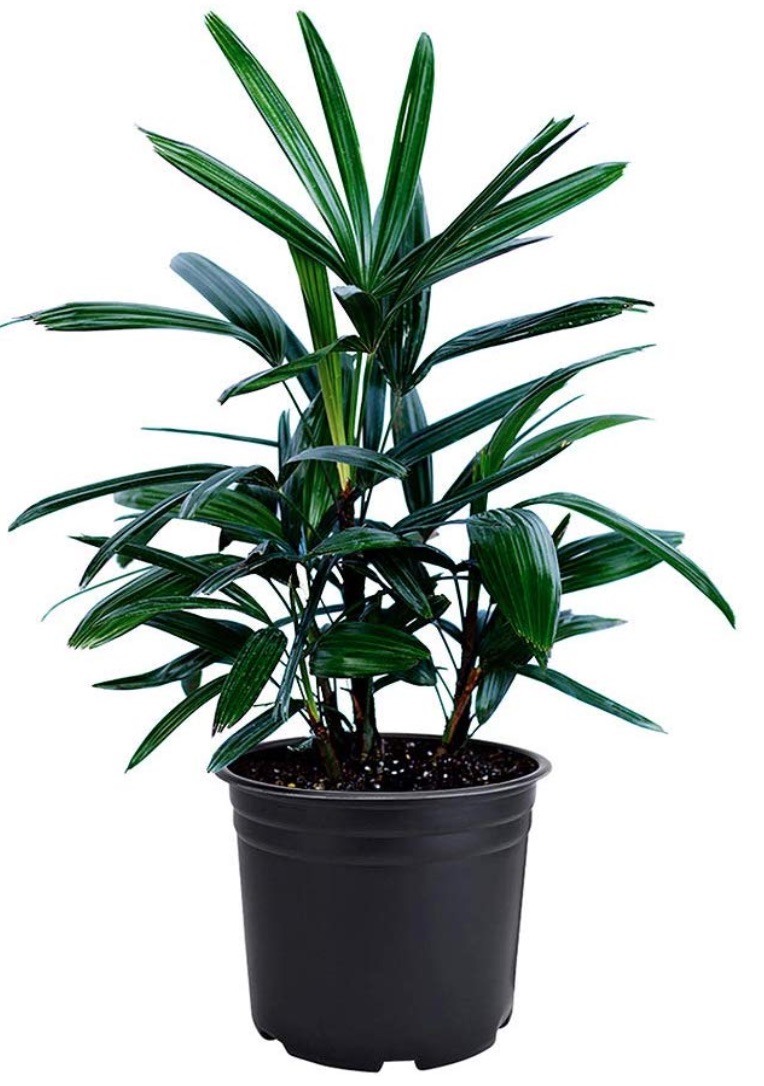
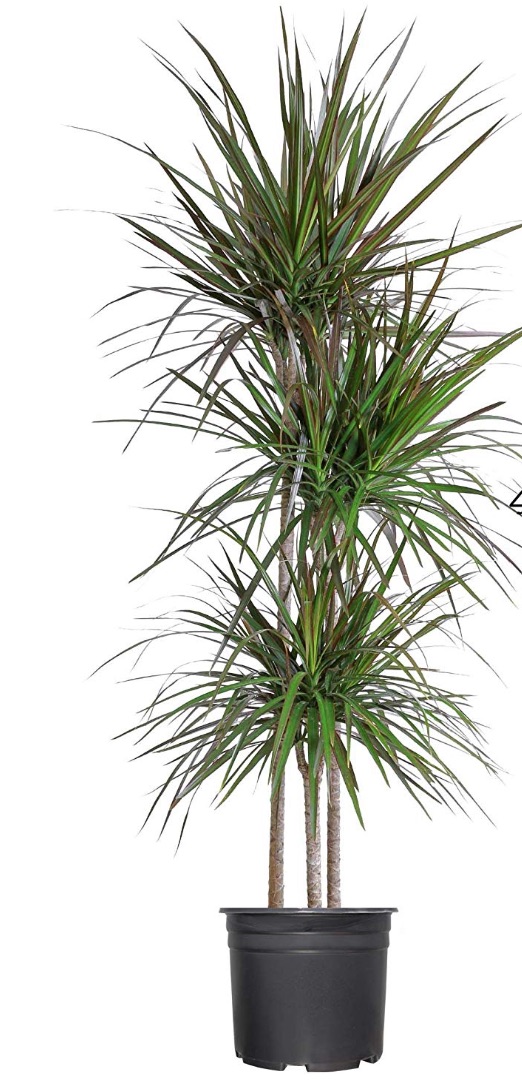
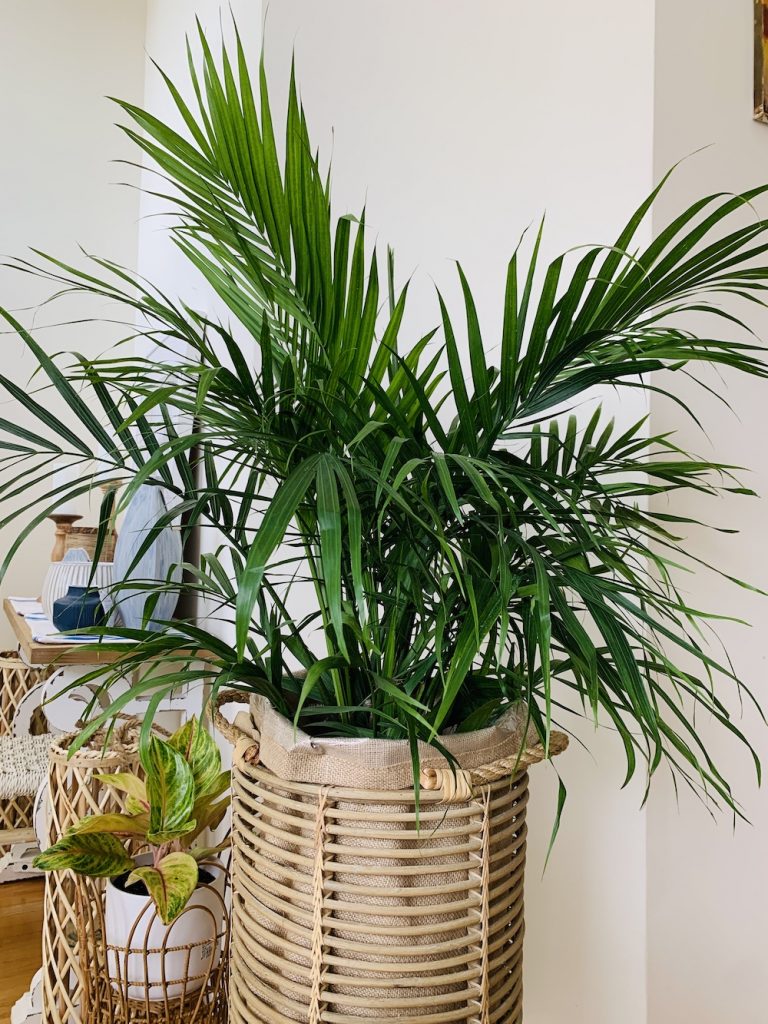
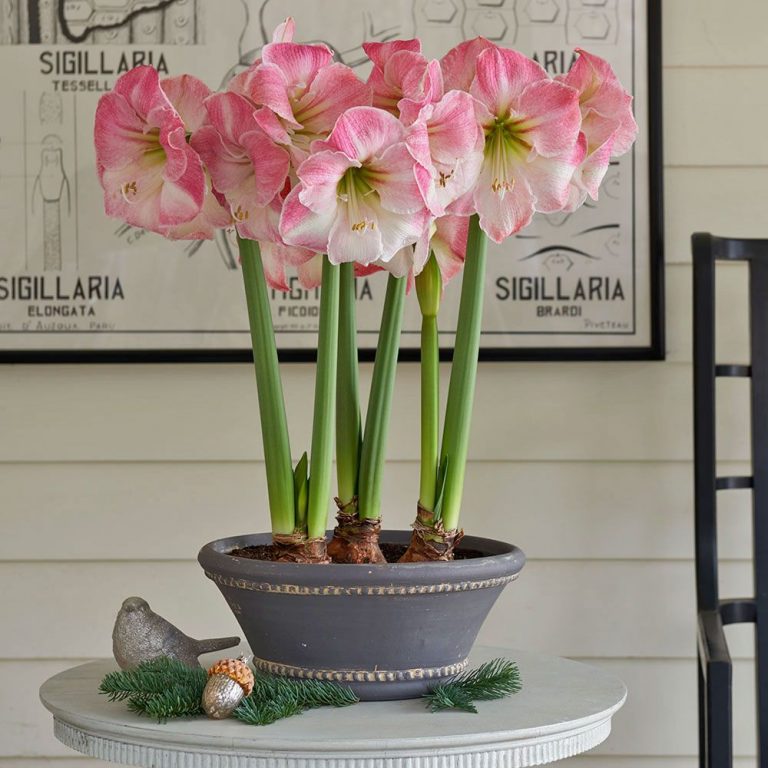
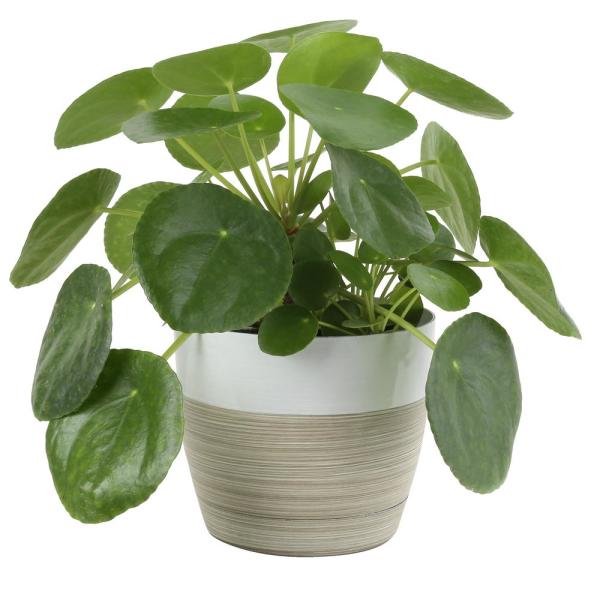
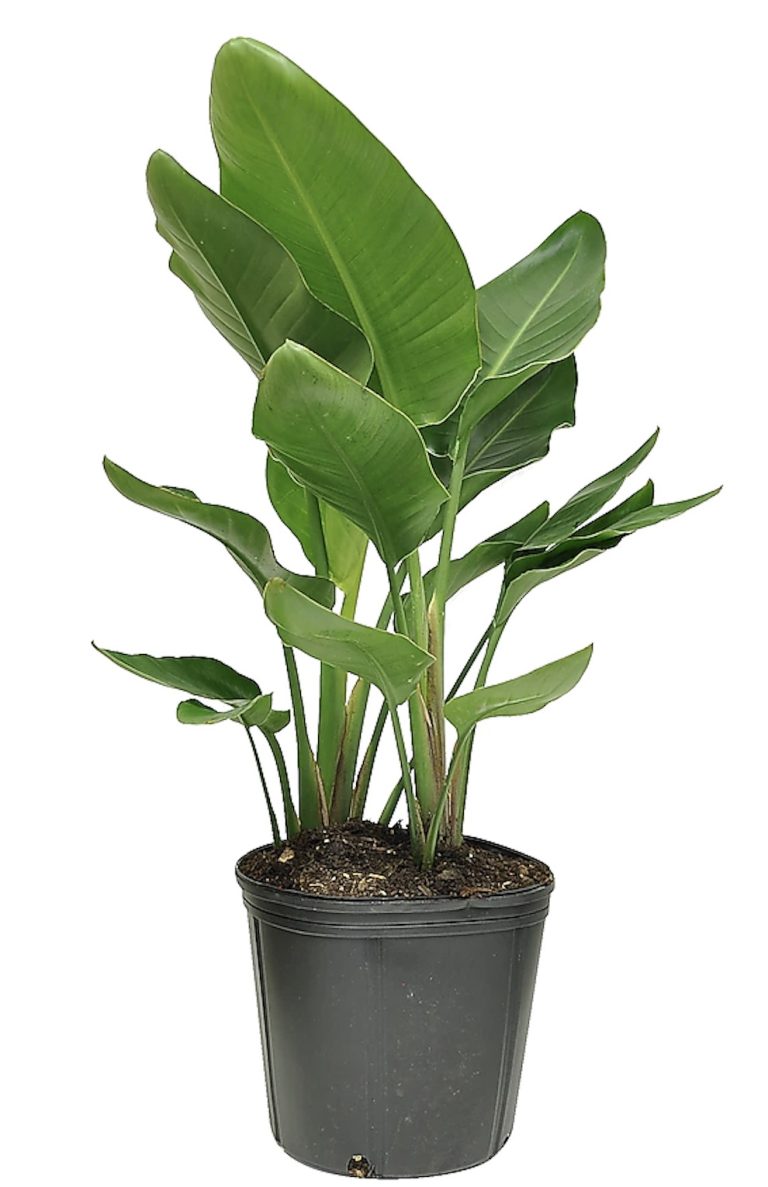
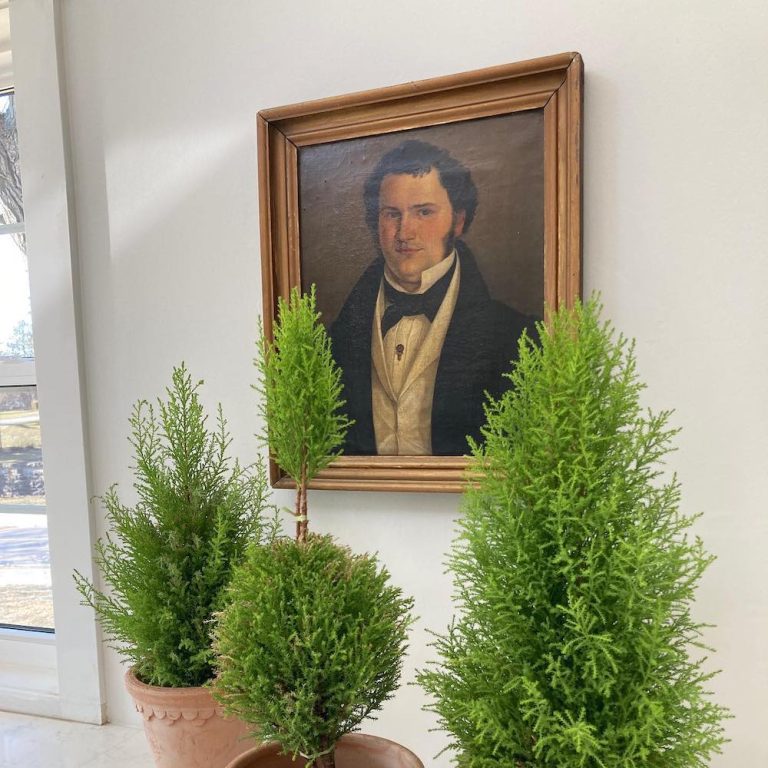
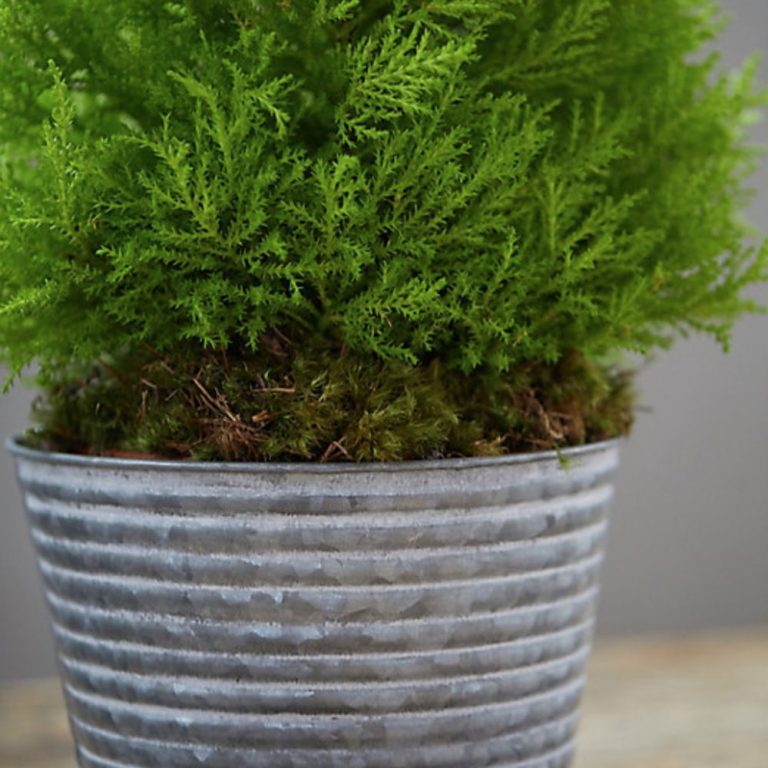
Thanks for the info. I have a couple of beds that need to be topped off so thank you for this perfectly timed artcile… Cheers